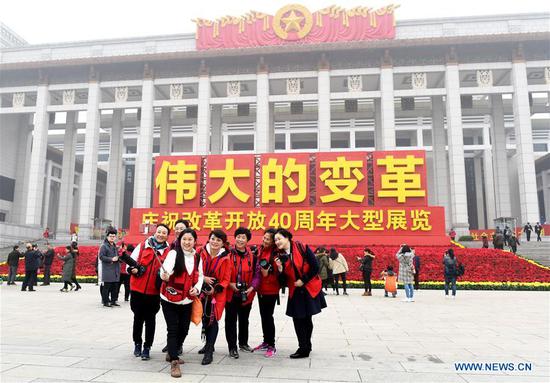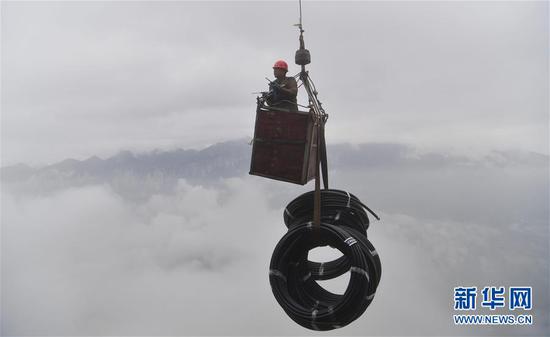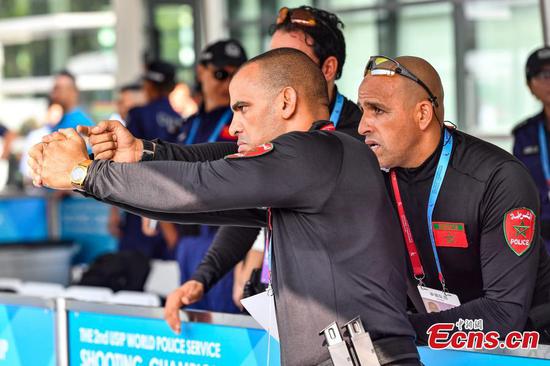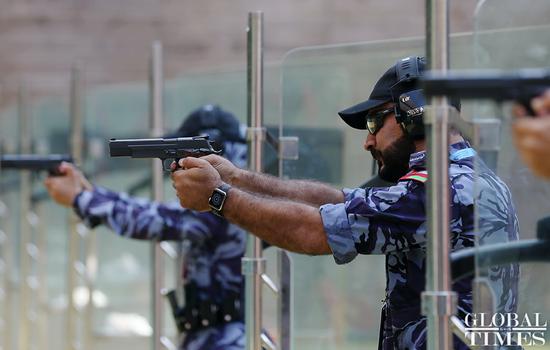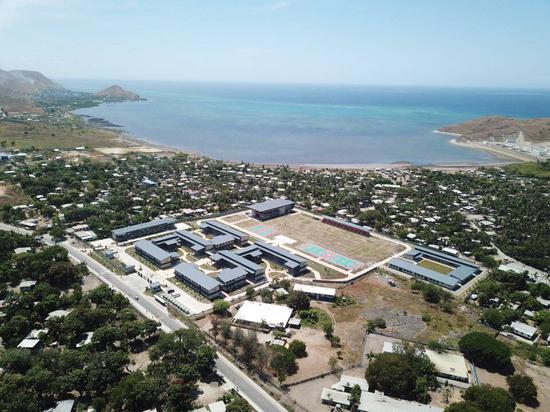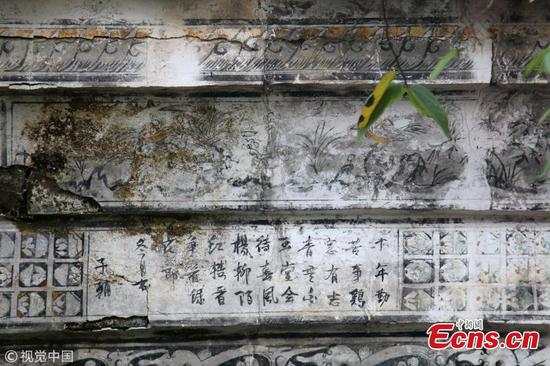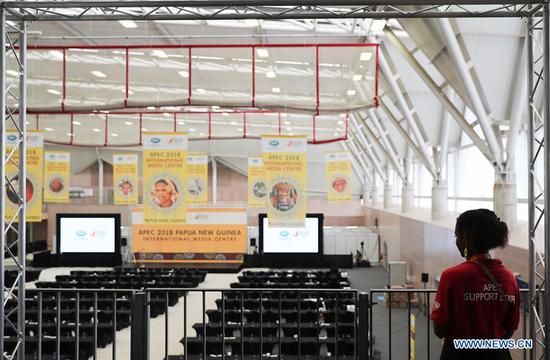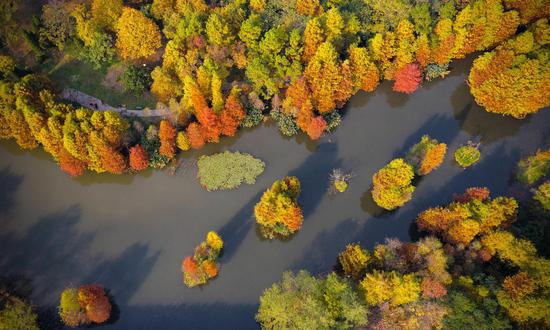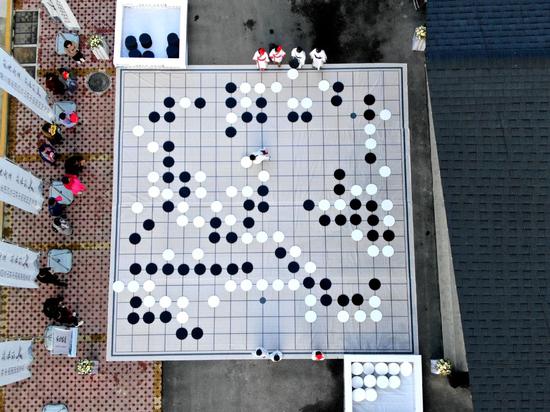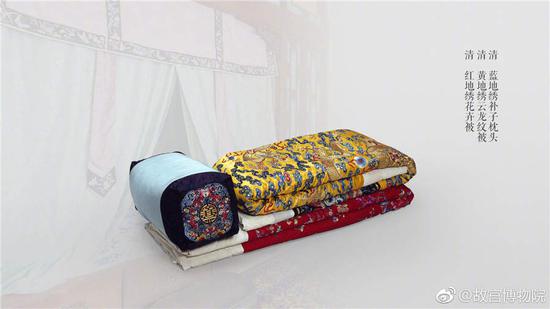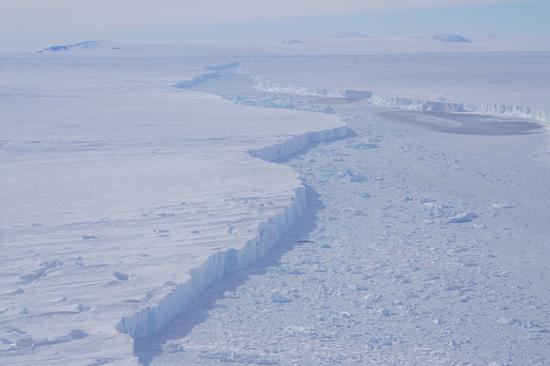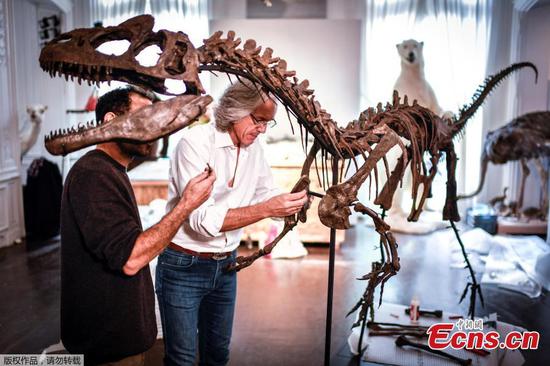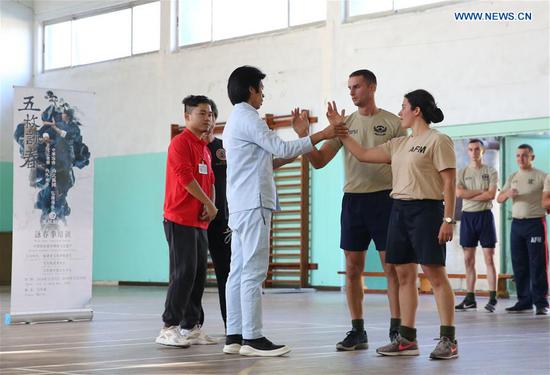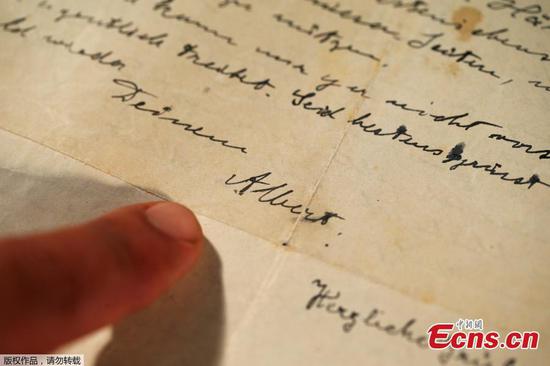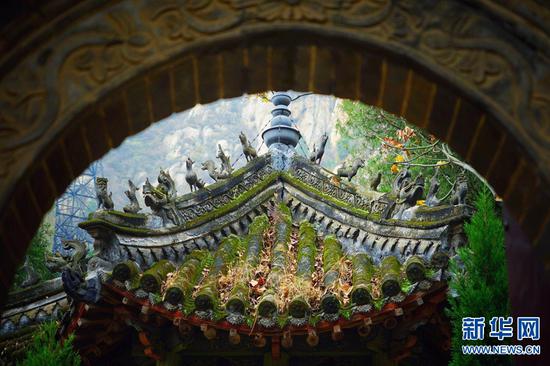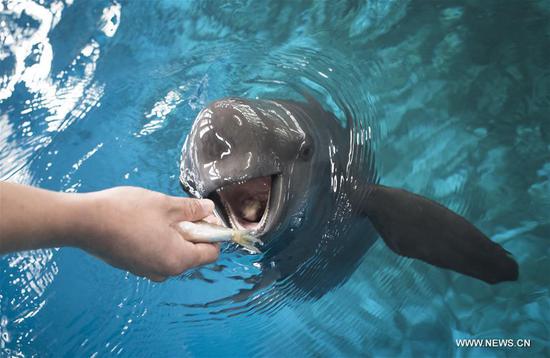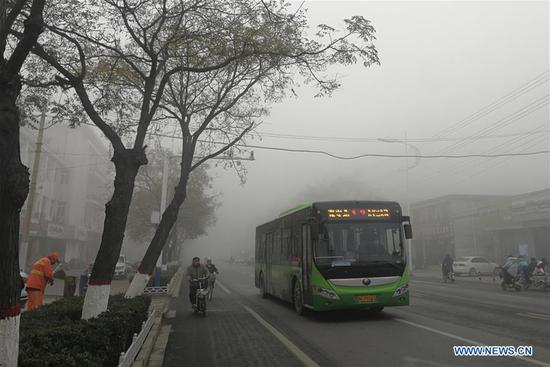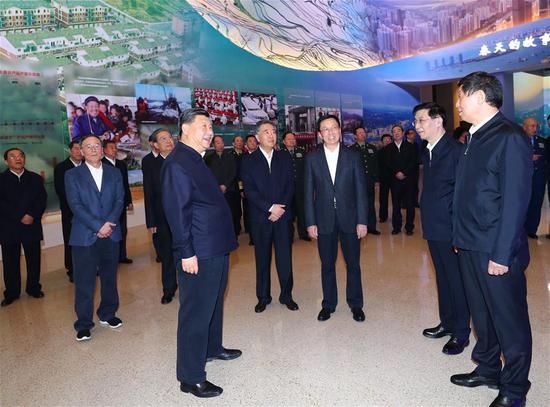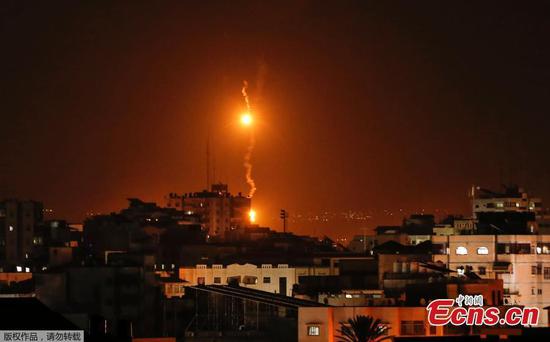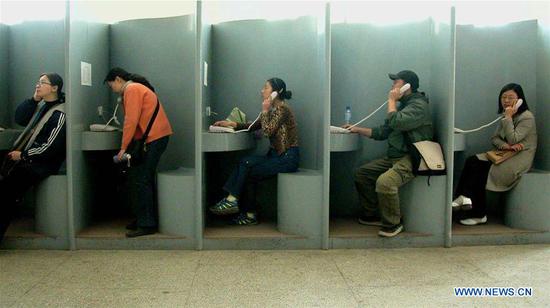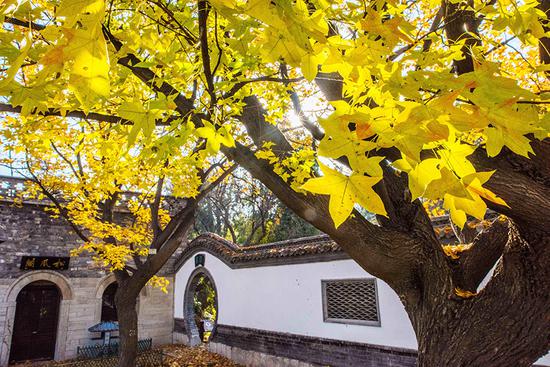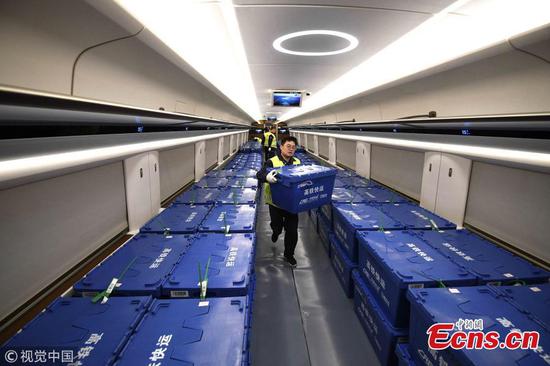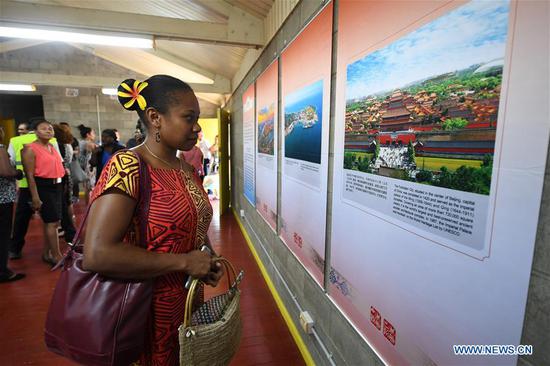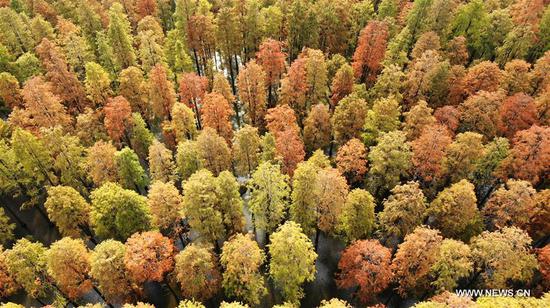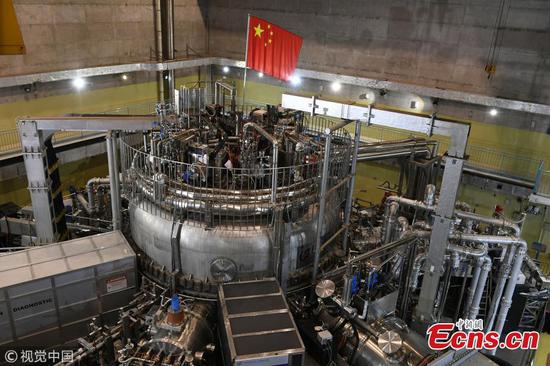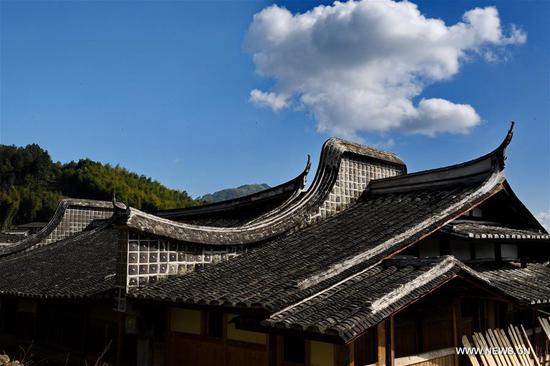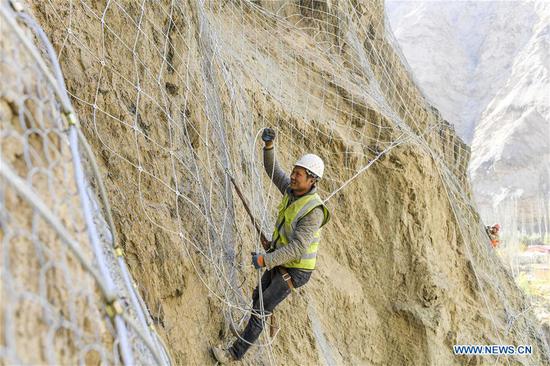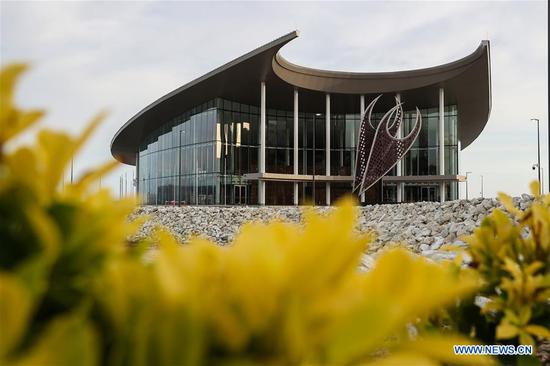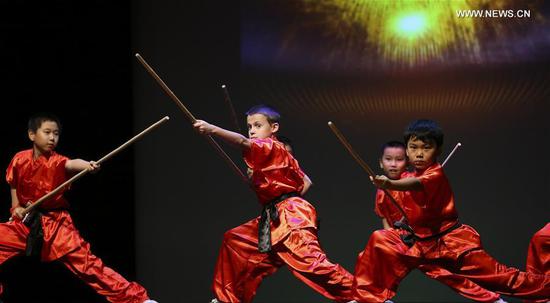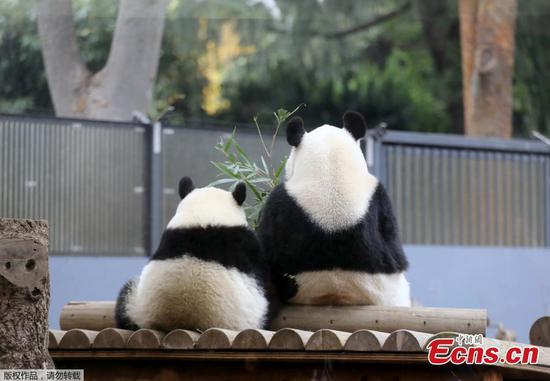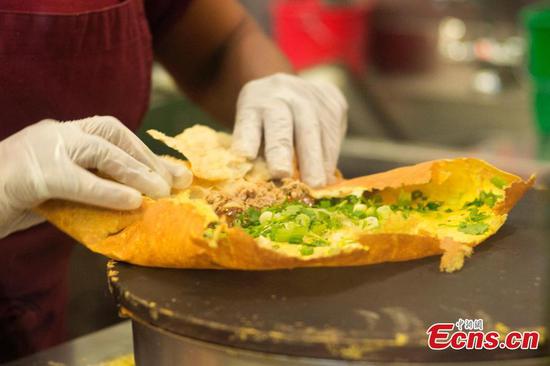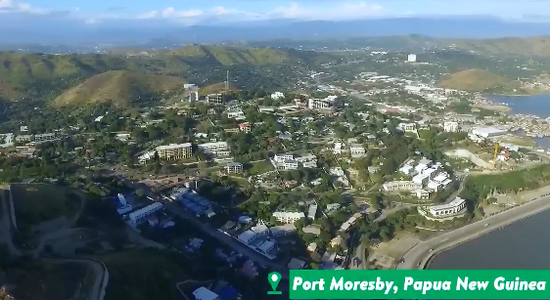Energy switch
Much work has been done to reduce bulk coal consumption and to close small and poorly managed polluting companies in the cluster. These sources of pollution are relatively easy to control.
A three-year action plan by the State Council, China's Cabinet, has vowed to root out bulk coal consumption in plain areas in the 28 major cities before the heating season begins in 2020.
In Hebei, for example, more than 3.5 million households in rural areas had switched to natural gas or electricity as a heating source by the end of last year. The province plans to complete the shift to clean energy in almost 1.8 million rural households this year, and most of the work has been completed, said Gao Jianmin, head of environmental protection in Hebei.
According to authorities in the province, at least 69,000 poorly managed small factories had been closed by early November last year.
Beijing upgraded its last 28 coal-fired boilers in eight heating supply stations this year. For the coming heating season, instead of coal, all boilers for central heating in the capital will use natural gas, said Zeng Jinghai, deputy director of the atmospheric environment management department at the Beijing Municipal Bureau of Ecology and Environment. Zeng added that all boilers for industrial use had shifted to clean energy last year.
He said all rural households in flat areas of the capital, also known as plain areas, will switch to clean energy for heating during the winter, while those in mountainous areas will use clean coal.
Clean coal refers to any technology that may mitigate emissions of sulfur dioxide and other polluting gases that arise from the burning of coal for electrical power.
In late September, the Ministry of Ecology and Environment issued an air pollution control action plan for the Beijing-Tianjin-Hebei cluster for autumn and winter.
Authorities are also restricting production during the winter to curb emissions.
Instead of setting unified production restrictions on highly polluting industries such as steel and building materials, the plan requires these industries to cut production based on their performances in emissions reduction.
No production restrictions will be imposed on those with outstanding performances in environmental protection and with low emissions.
However, companies that fail to meet the national standard for emissions or who do not upgrade their pollution control facilities as required will be subject to "full restrictions", according to the plan.
Liu, the ministry spokesman, said, "We will make more efforts to introduce policies that can address pollution at the root, and focus on the establishment of a long-term mechanism for emissions reductions."
The Blue-sky Protection Campaign is continuing in the cluster, with officials inspecting companies to root out violations related to air pollution.
The campaign, which also targets the Fenhe and Weihe river plains and the Yangtze River Delta, is running from June 11 to April 28 and involves 18,000 officials, most of them concentrating on the 28 cities in Beijing-Tianjin-Hebei cluster.
When there is heavy smog, these cities adopt further production restrictions to help alleviate pollution under an emergency response system.
According to a preliminary calculation by the National Joint Research Center on Air Pollution Causes and Control, the production restrictions imposed during recent bouts of haze in the area, including one that lasted from Nov 1 to 4, had worked well. They eased pollution by reducing 15 to 20 percent of particulate matter caused directly by emissions discharges, sulfur dioxide and nitric oxide.
The center warned of an increase in air pollutants as some urban communities began testing heating supply facilities and some rural families started to warm their homes with coal in the first half of this month.
Still vulnerable
He Kebin, dean of the School of Environment at Tsinghua University, said it is "a must" to transform industrial, energy and transportation structures to promote emissions reductions to achieve the final goal of reducing the annual average PM2.5 density to 35 mg per cu m, or even lower.
"We can all see we are enjoying an increasing number of days with blue skies. These blue skies, however, are still vulnerable. Air pollution remains, as does the root cause of it." he told Beijing News in a recent interview.
Despite the occurrence of smog, PM2.5 density has been lower this year than previously and will continue to decline. Previously, heavy smog lasted for three to five days. Currently, the haze usually lasts for a shorter time with moderate pollution levels, said He, a member of the Chinese Academy of Engineering.
"We may still have to wait until 2030 to 2035 to have blue skies all the time. This could come earlier, however, if we can accelerate industrial upgrading and energy structure adjustment, and achieve breakthroughs in technology innovation and the use of new energy," he added.









